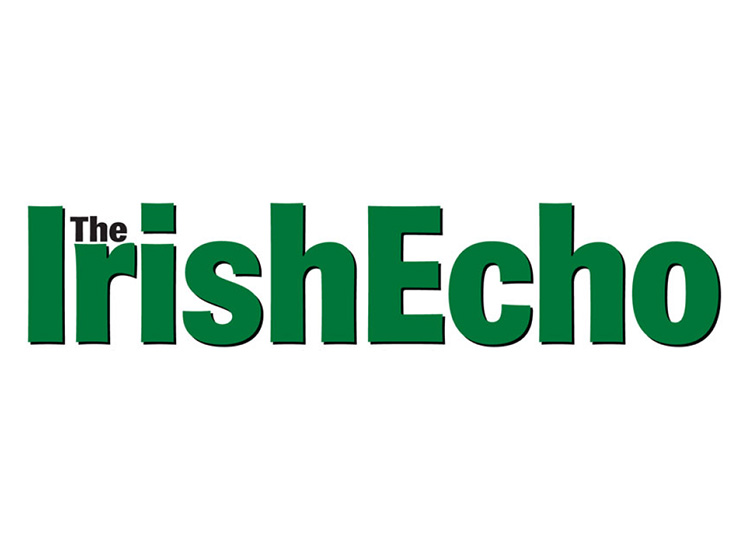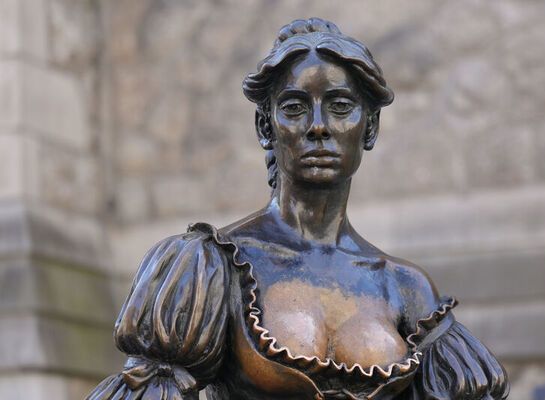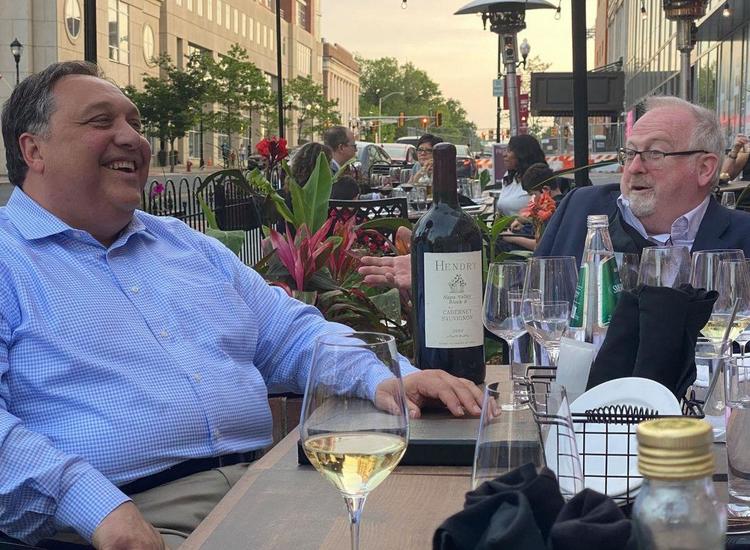It's 1984, and famine is claiming tens of thousands of lives across Ethiopia. Images of the death and suffering are broadcast around the world, and millions respond with help.
Bob Geldof will soon launch Live Aid. Millions of Ethiopians whose lives were at risk are saved as food and charity pours into the country.
The sight of people starving to death has a unique resonance in Ireland. A famine memory is awakened, and the Irish give more per person to the Ethiopian relief effort than any other nation on earth.
In a small village in County Carlow, a group of people comes together, convinced that they too can do something to help. But they don't just want to help with food today. They feel something must be done for tomorrow, so that these horrific scenes are never repeated. These are can-do people, and they believe that equally can-do people in Africa hold the key to solving African poverty.
And so Self Help Africa is born in the heart of Ireland, and founded on a belief in African can-do.
Very soon, the group is joined by Irish farmers, who bring their own unique vision to the problem. Famine begins when farming fails, they argue. Ireland was once a desperately poor country, gripped by famine. Long before the foreign direct investment, before the arrival of Intel and Google, Ireland had farmed its way out of poverty.
With 75 percent of Africans living in rural areas, the Irish farmers are convinced that farms held the key to solving poverty and hunger right across the continent. Self Help Africa's efforts, however small, will have to focus on the land.
Months later, as Ethiopia begins to emerge from crisis, a shipment arrives from Ireland. Self Help Africa has secured 2,000 tons of potato seed in County Donegal, and these are distributed among farmers.
But this is self-help, not welfare, so every farmer who receives this seed, the "foundation" stock, must promise to pass on harvested seed to his neighbors, who in turn pass it on to other neighbors.
The soil suits the potato, and gradually, the Donegal seed spreads out across Ethiopia. Twenty five years later, this Donegal potato is thriving in tens of thousands of farms across Ethiopia. Incredibly, the potato has become one of the country's largest cash crops.
TWO AFRICAS
Seen through Irish eyes, there are two Africas.
In one, crops have failed again, and hunger is everywhere. Starving children stare at cameras, too weak to care what happens tomorrow. Food aid is shipped in from the United States to save millions of lives. People across the world ask if Africa will ever feed itself.
And then there's the other Africa, where farms are flourishing. Rich harvests of corn, sorghum, millet, rice and, yes, potatoes spring from fertile, irrigated soil. Vegetables and fruit are plentiful. Farm families sell much of their produce, and use the profits to send their children to school, to improve their houses, to pay for healthcare.
Slowly, the first Africa is giving away to the second, and Ireland has played an important part in the transformation.
The work of tens of thousands of Irish missionary priests and nuns has gradually given way to the Irish aid agencies such as Self Help Africa, Concern, GOAL, Trocaire.
The Irish government, too, has played a unique role. Its pledge in 2008 to devote one-fifth of all Irish overseas aid to hunger reduction measures has led the way for the international community.
For Self Help Africa, the focus continues to be on rural areas, and on remaining true to that early vision of tapping into can-do Africa.
So in nine countries in sub Saharan Africa - from Eritrea to Zambia - the organization continues to distribute just one precious commodity for nothing: knowledge. This is advice on how to grow, what to grow and where to sell it is given to tens of thousands of farmers every day.
Everything else comes at a price. Farmers who receive seed must pass on twice that amount after the harvest to their neighbors. Farmers who receive a loan to buy irrigation pumps must pay it back, with interest.
Self Help Africa encourages farmers to grow new crops, to diversify, to trade their way out of poverty, and to develop "off-farm" income. It also supports and organizes farmers into co-ops and producer groups, giving them greater help while they grow, and greater negotiating power after harvest as they sell.
Because women perform up to 80 percent of farm work in the developing world, much of this effort is focused on them. But through a large network of credit programs, Self Help Africa also supports women to set up small businesses so they can earn an off-farm income.
Last year, Self Help Africa spent over $9.5 million on all its programs across Africa, which reached almost 1.5 million people.
True to the vision of the founders, the work looks to tomorrow. Twenty five years ago, a $1 million grant from Bob Geldof's Live Aid Trust was used to encourage seed development and irrigation schemes amongst farmers in the famine-ravaged Adami Tulu area of Ethiopia's Oromia Province.
A visit to Adami Tulu today reveals a 23,000-strong farmers organization that markets a massive food surplus from the area's farms to Ethiopia and beyond.
The years of work in Africa have not all been easy. Large food surpluses around the world meant that support for African farmers slipped down everyone's agenda. "Why help Africans to grow food when we can just ship it out to them?" the argument went.
As the world's population increases, as its weather patterns change and growing conditions worsen, that argument no longer finds much support. Gradually, the focus is returning to the African farm.
COMING TO AMERICA
Self Help Africa's newest country of operation is not in Africa. Last year, it established a base in the United States of America, seeking to bring its unique blend of can-do Africa and Irish farming savvy to a new audience.
Around 45 million people in the United States claim Irish heritage, mostly because a potato blight in Ireland in the 1840s sparked a tradition of emigration.
Over a century and a half later, the success of the Irish potato - among other crops - shows Irish America the way to a new and sustainable way of responding to world hunger.
And what was that about the president? Well, on January 21, 2009, the newly-inaugurated President Obama made his first speech to the nation. In it, he set out his vision for the presidency, for the United States, and for the world.
And in the middle of it all, the first African-American president told "the people of poor nations" that the United States would "work alongside you, to make your farms flourish..."
For Self Help Africa's staff, the wheel had come full circle. Never before had the President's inaugural words contained such a strong message for development, and never before had it focused so clearly on farms.
President Obama has probably never heard of the Donegal potato, nor even of Self Help Africa, but it seems like he gets the thinking behind it all. More information on Self Help Africa is at wwww.selfhelpafrica.org.
Will Galvin, who is based in Washington, D.C., is Director of Operations and Advocacy for Self Help Africa. He was honored recently at the Irish Echo's 40 Under 40 awards.








